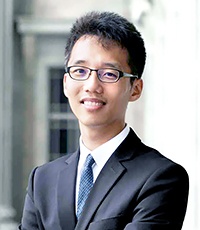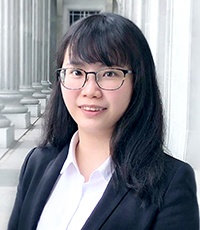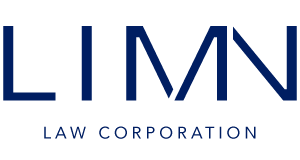Introduction
The Protection from Harassment Act (“POHA”) was enacted by Parliament in 2014 to protect persons against harassment and unlawful stalking, and to prescribe offences.
Section 4(1) of POHA as originally enacted provided that “No person shall by any means (a) use any threatening, abusive or insulting words or behaviour; or (b) make any threatening, abusive or insulting communication, which is heard, seen or otherwise perceived by any person (referred to for the purposes of this section as the victim) likely to be caused harassment, alarm or distress.” The purport of this provision was wide ranging to stem harassment.
Following enactment, however, questions arose as to whether Section 4(1) of POHA was applicable in the case of a company engaging debt recovery specialists to harass individuals. Specifically, the question was whether a company could be liable for harassment under POHA, and the entity or individual which should be held responsible. These questions were ultimately addressed by the District Court in the decision of Yeo Swee Kheng v Supreme Builders Pte Ltd (POHA Originating Summons No. 22 of 2019).
Decision of Yeo Swee Kheng v Supreme Builders Pte Ltd
In that case, the applicant was the subject of several visits by debt recovery specialists at her residence, who were collecting an alleged outstanding debt on behalf of Supreme Builders Pte Ltd, even though the applicant had no contractual relationship with it. It was the applicant’s husband’s company which owed the alleged debt to Supreme Builders Pte Ltd but debt recovery specialists attempted to collect the alleged debt at the applicant’s residence. The applicant therefore applied for a Protection Order to restrain Supreme Builders Pte Ltd from dispatching debt recovery specialists to her residence.
One of the arguments canvassed by Supreme Builders Pte Ltd was that it had no control over how the alleged debt was collected, and in any event it was not the correct party to be pursued but the debt recovery specialists engaged by it.
In one of the rare decisions clarifying the ambit of POHA, the District Judge held that Supreme Builders Pte Ltd had contravened Section 4(1) of POHA such that a Protection Order should be made prohibiting the company from sending debt recovery specialists to the applicant’s residence.
In her analysis, the District Judge referred to the Interpretation Act and the Second Reading Speech on the Protection from Harassment Bill by Minister for Law K Shanmugam, both of which were adduced by the applicant’s solicitors during trial.
Firstly, the District Judge referred to the Interpretation Act and took the view that “person” under Section 4(1) of POHA may include a company.
Secondly, the District Judge noted from the Second Reading Speech on the Protection from Harassment Bill, that offences under Section 4(1) of the POHA, were meant to be medium-neutral. In other words, the focus would be on the consequences of the harassing conduct, and not how such conduct was carried out. On this basis, the District Judge was of the view that the means of harassing conduct under POHA could include the use of an intermediary, i.e. a debt recovery specialist.
Thirdly, the District Judge held that the company was the correct party to the Protection Order. Conversely, the debt recovery specialists could not have been named as the respondent to the application, otherwise the company could simply engage other debt recovering specialists, rendering the application for a Protection Order toothless.
Conclusion
It has to be said that the District Judge’s decision accords with logic and practicality. Perpetrators under POHA cannot hide behind the corporate veil of a company, or of an intermediary, in a bid to avoid liability for harassment.
Since this decision, Section 4(1) of POHA has been amended as follows “An individual or entity must not by any means (a) use any threatening, abusive or insulting words or behaviour; or (b) make any threatening, abusive or insulting communication, which is heard, seen or otherwise perceived by any person (referred to for the purposes of this section as the victim) likely to be caused harassment, alarm or distress.” This makes clear the ambit of POHA is wide-ranging.
Furthermore, Section 2(1) of POHA has included the definition of an entity to mean “any company or association or body of persons (whether corporate or unincorporate), but excludes any public agency”.
These amendments are a vindication of the District Judge’s decision, and confirms that companies may be liable for harassment under POHA.
Mr. Alvin Sia and Ms. Ng Kai Ling of LIMN Law Corporation acted for the applicant in Yeo Swee Kheng v Supreme Builders Pte Ltd (District Court POHA Originating Summons No. 22 of 2019), and successfully obtained a Protection Order. The oral grounds of decision which were received on 28 April 2020 can be found here.
Key Contacts
If you would like more information on this article or the matters discussed above, you may contact our team below.


Find Out More
Contact us if you’d like to give feedback on any news or insights or if you’d like to get bespoke insights from our team of lawyers.
